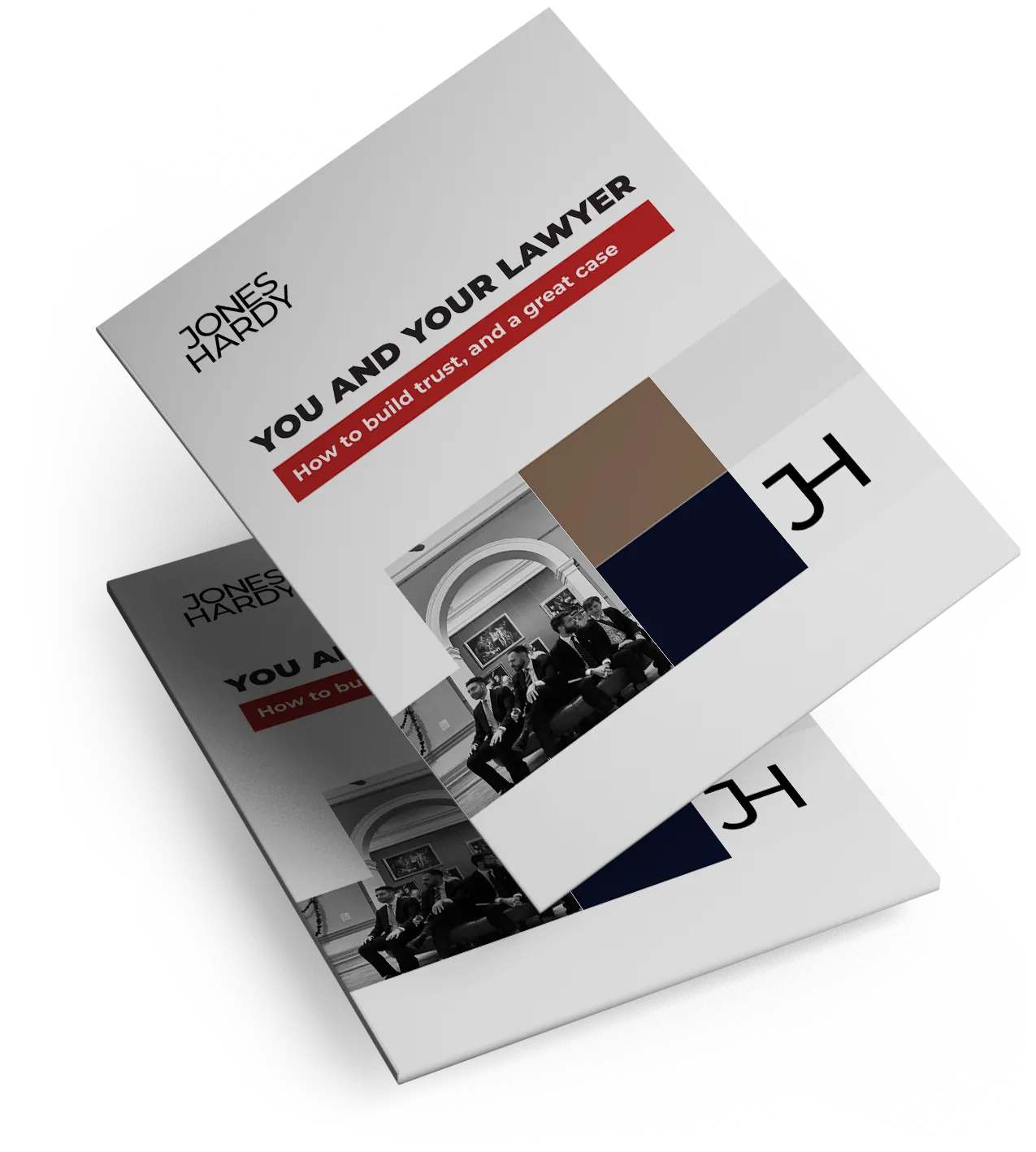Know Your Rights: Trespassing & Break and Enter in NSW
Understanding Trespassing Laws and Their Consequences
Trespassing and Break and Enter offences in New South Wales (NSW) carry significant legal implications. At Jones Hardy, we believe that every person deserves to understand the laws that impact their rights and responsibilities, whether they’re landowners protecting their property or individuals facing charges. Below, we explain the key aspects of trespassing laws, potential penalties, and what actions you can take if you encounter this legal issue.
What Constitutes Trespassing in NSW?
Trespassing involves entering someone’s property without permission. This may include:
- Entering private land, buildings, or other premises without consent.
- Remaining on the property after being asked to leave by the owner.
- Engaging in activities such as camping, fishing, or hunting on private land without permission.
It’s important to note that trespassing may be intentional or accidental. Even if someone unknowingly crosses onto private property, they may still face charges. Trespassing laws in NSW are stringent, extending to residential, commercial, and agricultural properties, with penalties that reflect the severity of the offence.
Trespassing Penalties and Consequences
In NSW, trespassing carries a range of penalties under the Inclosed Lands Protection Act 1901. Penalties may vary based on the circumstances of each incident:
- General Trespassing: Unauthorised entry can result in fines of up to $550. If the offence occurs on specific premises, such as schools or hospitals, fines increase to $1,100.
- Failure to Leave: Refusing to vacate when requested by the property owner is an additional offence, with harsher penalties if the individual behaves offensively.
- Aggravated Offences: Higher fines and even jail time may apply in cases where trespassing involves damage, violence, or entry during organised events.
For repeat offences or aggravated forms of trespassing, fines can reach $5,500, with potential for criminal charges depending on the intent and outcome of the offence.
Landowners’ Rights and Responsibilities
As a property owner in NSW, you have the right to:
- Control access to your land.
- Request trespassers to leave.
- Use reasonable force to remove them, if necessary.
However, it’s crucial to remain within legal boundaries. Retaliatory or excessive force can result in legal consequences for the property owner. If you face trespassing issues, seeking legal guidance can help you protect your property rights lawfully.
Break and Enter Offences: Serious Penalties Under the Crimes Act 1900
In NSW, break and enter offences are defined under Division 4 of the Crimes Act 1900. These laws impose severe penalties, especially when there is intent to commit a serious offence or inflict harm:
- Break and Enter with Intent to Murder (Section 110): Punishable by up to 25 years in prison.
- Entering a Dwelling with Criminal Intent (Section 111): Carries a penalty of up to 10 years’ imprisonment.
- Entering and Committing an Offence (Section 112): Punishable by up to 14 years’ imprisonment.
- Aggravated and Specially Aggravated Offences: Penalties increase if weapons, violence, or harm to individuals are involved, with potential sentences reaching up to 20 years.
Key Defences to Trespassing Charges
If you face trespassing charges, several defences may apply:
- Consent: You had the owner’s permission to be on the property.
- Mistake of Fact: You believed you were on public land or had lawful access.
- Necessity: You entered to avoid imminent harm or danger.
Seeking legal advice early can help clarify your rights and possible defences.
https://joneshardylaw.com.au/contact/
Protecting Your Property Rights and Pursuing Civil Action
In addition to criminal penalties, trespassers may be liable for civil damages. Property owners in NSW can seek compensation for:
- Property damage (e.g., buildings, fences, crops).
- Emotional distress caused by the trespasser’s actions.
If you’re dealing with a trespassing issue and considering civil action, documenting any damage and consulting with a legal professional can strengthen your case.
Navigating Trespassing Laws with Legal Support
Understanding the nuances of trespassing laws in NSW can be complex. Jones Hardy Law is here to help, whether you’re a landowner protecting your rights or someone facing trespassing allegations. We offer guidance, support, and a clear pathway to resolving your legal concerns with integrity and respect.
To learn more about trespassing laws and other related legal topics in NSW, visit our website for further articles and resources.
https://joneshardylaw.com.au/criminal-law/
Contact Jones Hardy Today
If you need assistance or have questions about trespassing laws, contact us to book a consultation. Our experienced legal team is ready to provide you with the knowledge and support you need to navigate this challenging area of law.
https://joneshardylaw.com.au/contact/
